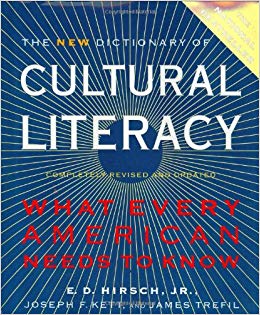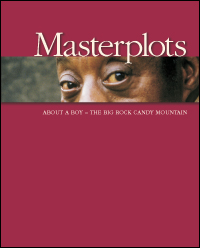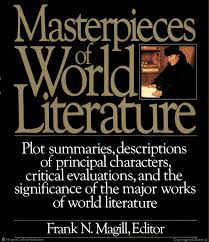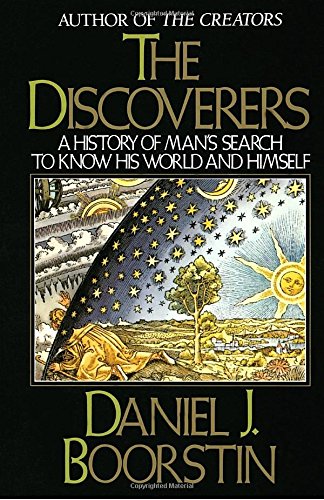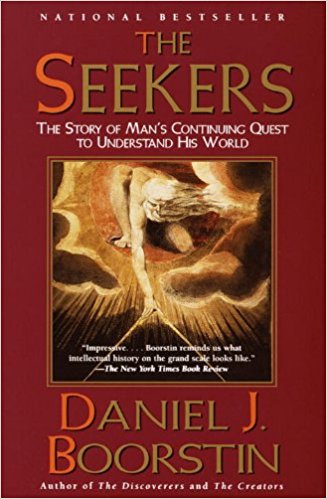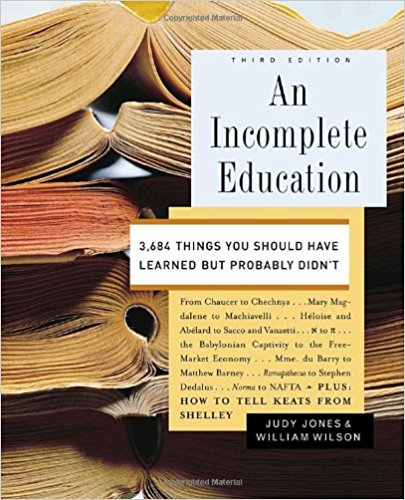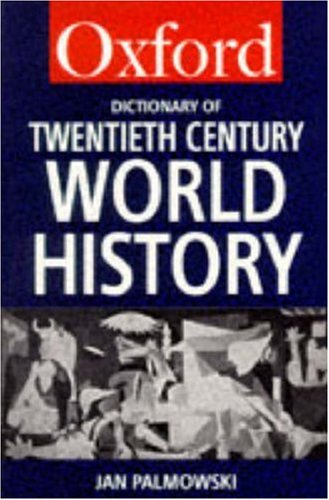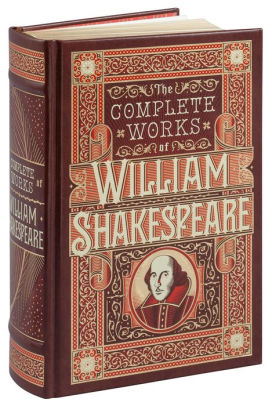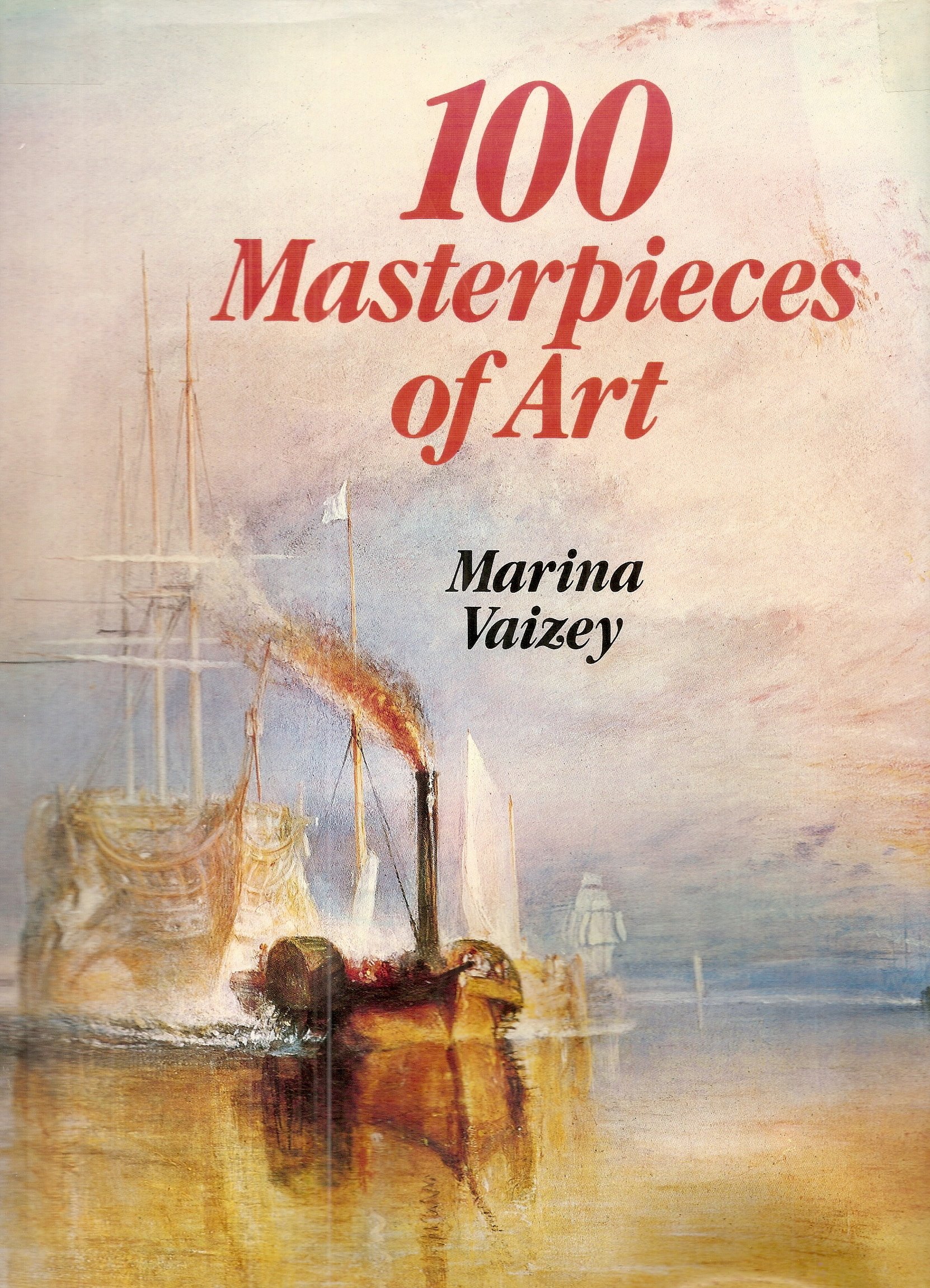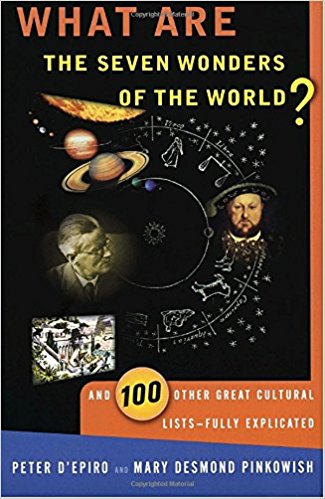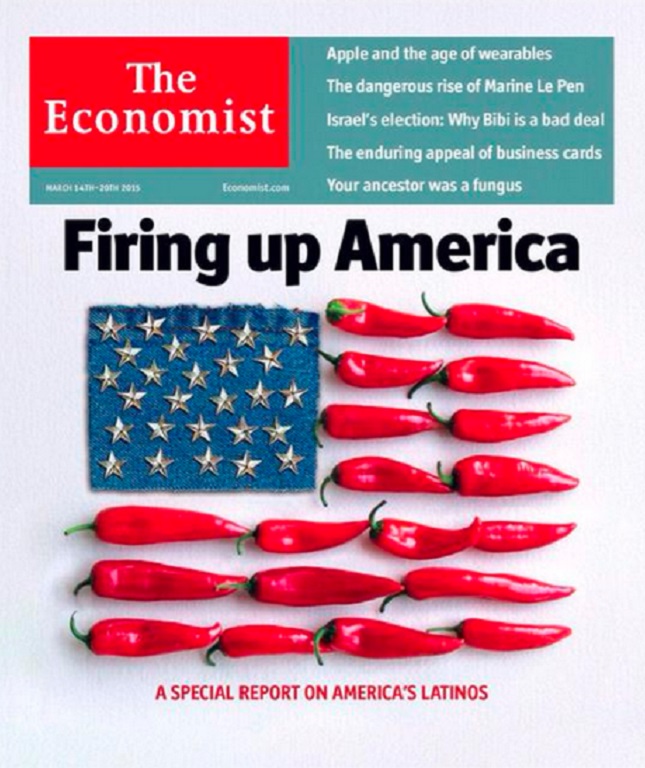References for Writing Questions
Success in quiz bowl requires a team to be familiar with noted events, discoveries, and people from all fields of human endeavor; this is a difficult task and one that may require additional resources than the textbooks of a standard curriculum. NAQT recommends the following books and periodicals for players who want to take their knowledge base—and playing ability—to the next level since they contain facts, theories, and anecdotes that are likely to appear in questions. These would also serve as valuable reference material for question-writing for teams that write practice questions for themselves.
Keep in mind that NAQT questions are drawn from a wide variety of sources that may or may not include the works listed here. These works are recommended by NAQT’s members (all of whom were players), but there is no guarantee that even a single question will be written out of them in the future; memorizing these works (even if that were possible) will not guarantee a national championship!
Perhaps the most commonly used quiz bowl print reference is Benét’s Reader’s Encyclopedia. This work has mostly short articles and is intended to be a general source for understanding allusions and a work’s historical and intellectual context. The contents go well beyond literature proper, including artists, movements, mythology, historical events, and philosophy. Benét’s frequent use as a source for questions has led to many of its anecdotes becoming overused and significantly less difficult than one might expect. While a superb source to prepare from, inexperienced writers should exercise caution in incorporating its interesting facts into their questions.
Whether or not The New Dictionary of Cultural Literacy does in fact contain “What Every American Needs to Know,” it is an excellent source for information that is considered “basic” knowledge for quiz bowl teams competing at the varsity level. The book’s articles cover the spectrum of quiz bowl: history, technology, mythology, geography, language, etc.
Frank N. Magill’s Masterplots is a one-volume condensation of his original twelve-volume collection of summaries of and critical essays on classic novels and short stories. Since NAQT questions usually emphasize narrative or thematic elements (rather than just asking for the author of a work), in-depth summaries make for profitable preparatory material. Of course, one should also aim to read the works themselves—there’s a reason that they are still considered important!
Another work of Frank N. Magill, Masterpieces of World Literature, contains summaries and critical essays on 270 great works, but differs from Masterplots by including notable poems, essays, and works of philosophy.
These three books by former Librarian of Congress Daniel Boorstin—The Discoverers, The Creators, and The Seekers—are, respectively, a history of Western civilization with a focus on the ideas and movements that shaped it; a study of the painters, sculptors, and architects who created the Western artistic tradition from their own imagination; and a look at the philosophers, prophets, theologians, and scientists who have sought to understand human existence. These are unified works, not references, and are packed with exactly the sort of facts and stories about exactly the sort of important figures that come up in quiz bowl.
Judy Jones’ and William Wilson’s An Incomplete Education is similar to The New Dictionary of Cultural Literacy, but is written somewhat more irreverently. It also covers most of the topics dealt with in quiz bowl. Nearly all of the people, books, and events mentioned would be considered fair game for matches at the high school level and up.
The Concise Columbia Encyclopedia is a frequently-used reference for writing (and fact-checking) questions. The depth and breadth of its articles make it very useful, particularly for science and geography. It is also a handy book to have on hand when running a tournament to assist in the resolution of protests.
The articles in A Dictionary of Twentieth-Century World History are actually closer to those expected in an encyclopedia; most have more than enough information to construct a question and nearly all of its subjects have come up in quiz bowl at one time or another (some only at higher levels). Also, as its name suggests, it is an excellent resource on non-Western countries, an important component of quiz bowl.
No single author comes up more often in quiz bowl than William Shakespeare and no author’s works are asked about in greater detail. Teams will definitely want to have players familiar with the major comedies, tragedies, and histories, and national championship-caliber teams would want to know the characters, settings, and plots of The Complete Works of William Shakespeare.
In spite of their unsophisticated name, the three volumes of The Great American Bathroom Books, which consist of two-page summaries and analyses of great works of literature and philosophy, are very useful for players who aspire to improve their play either through writing questions or studying material that is unfamiliar to them. These books often have an idiosyncratic take on the works they cover.
Merriam-Webster’s Encyclopedia of Literature is another work similar in tone to Benét’s Reader’s Encyclopedia, but has longer articles and is somewhat more tightly focused on literature proper. Personal preferences will vary between the two. A caveat: Much of the content of this work is licensed from Encyclopedia Britannica, so if you have a copy of or online subscription to that work, you will see some duplication.
Marina Vaizey’s 100 Famous Paintings delivers exactly what is promised: half-page descriptions of 100 notable paintings and half- or full-page reproductions of them. There is a significant overlap between the paintings selected for this book and the ones that, historically, have come up most frequently in quiz bowl. Relatively few questions will simply ask for the painter of a work, so it is important for players to be familiar with works’ visual details, their symbolism, and the circumstances under which they were painted.
Cecil Adams’ The Straight Dope: A Compendium of Human Knowledge is the first of four books that collect the newspaper columns of the same name in which readers’ questions on all walks of life are answered. While some of the pieces are unlikely ever to be made the subject of questions, more of them than one might expect deal with important historical events or scientific issues and are thus worth learning in the context of the game. Almost all are worth learning about for more general reasons.
The full title of What Are the Seven Wonders of the World? indicates that it is a collection of 101 “cultural lists” that are “fully explicated.” Examples include the Three Musketeers, the five pillars of Islam, the seven virtues, the nine Greek muses, and so forth. The lists are interesting to read and do a commendable job of connecting their subject matter with a greater cultural context.
The Economist is one of the most respected sources of political and economic news in the world, and is available in both print and Kindle editions. Both U.S. and world current events are included in all NAQT sets. Domestically, players should work to know the names of Cabinet officials, senators, leading representatives, Supreme Court justices, and governors, and should be familiar with major legislative initiatives. Foreign current events generally focus on world leaders, ongoing conflicts, and other broad political and social movements.
Players and coaches should also become familiar with the You Gotta Know articles written by NAQT members and former players, and might consider purchasing frequency lists and other study guides from NAQT.
This page contains referral links to Amazon.com. As an Amazon Associate, we earn a small amount of money from qualifying purchases.


